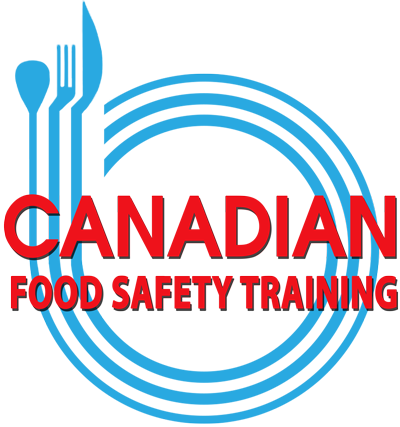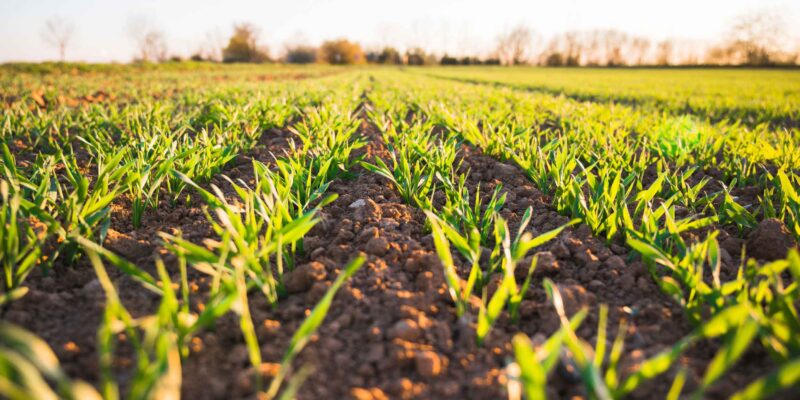In Canadian Food Safety Training’s second Indigenous Food Knowledge issue, Rollin Baldhead describes conversations with his family about our earth and the beautiful things it can provide for us. Through these important Earth Day discussions, he uncovers more indigenous food knowledge.
The lessons we learn from askiy (Cree for land, the earth)
“You wanna know why I always have tea made?”
I looked with an expression of confusion as we were picking chokecherries. “Yeah, sure?”
“We’ll have visitors, and for that I must treat them with the best things I have… and it starts with tea. It begins our conversations whether that be storytelling with a balance of listening ears. I give them the best things I have to show I appreciate their company. I am thankful for their presence in my dwellings”.
“But did you have to give them the soup we just made?”.
It is at this point in my life I realize my mushom (grandfather) was teaching me a valuable lesson. Do not take things for granted because they are never yours, like the chokecherries we were picking that day. We picked them, but they were a gift made from askiy.
The generosity that the Earth provides to all living things is not one we should take lightly. The importance of thinking multiple generations before and ahead is a concept Indigenous peoples have taken into consideration since time immemorial. My moshum simply was not just sharing a lesson around hospitality, but one of respect for one another, in all our forms. These are lessons we are not born knowing, but ones that we learn through the passing down of knowledge. We all learn different lessons about respect for the Earth, but the underlying message is still the same… Every day should be thought of as Earth Day.
Some lessons I have learned growing up are to:
- Show respect for the many lives and creatures that give up their physical forms for our use.
- Not rake the leaves – that is a habitat for small insects and animals.
- Compost and have a garden – there is value in both.
- Eat responsibly, harvest responsibly – we only take what we need.
- Take care of the environment around you. If you cut down a tree, plant another in its place.

